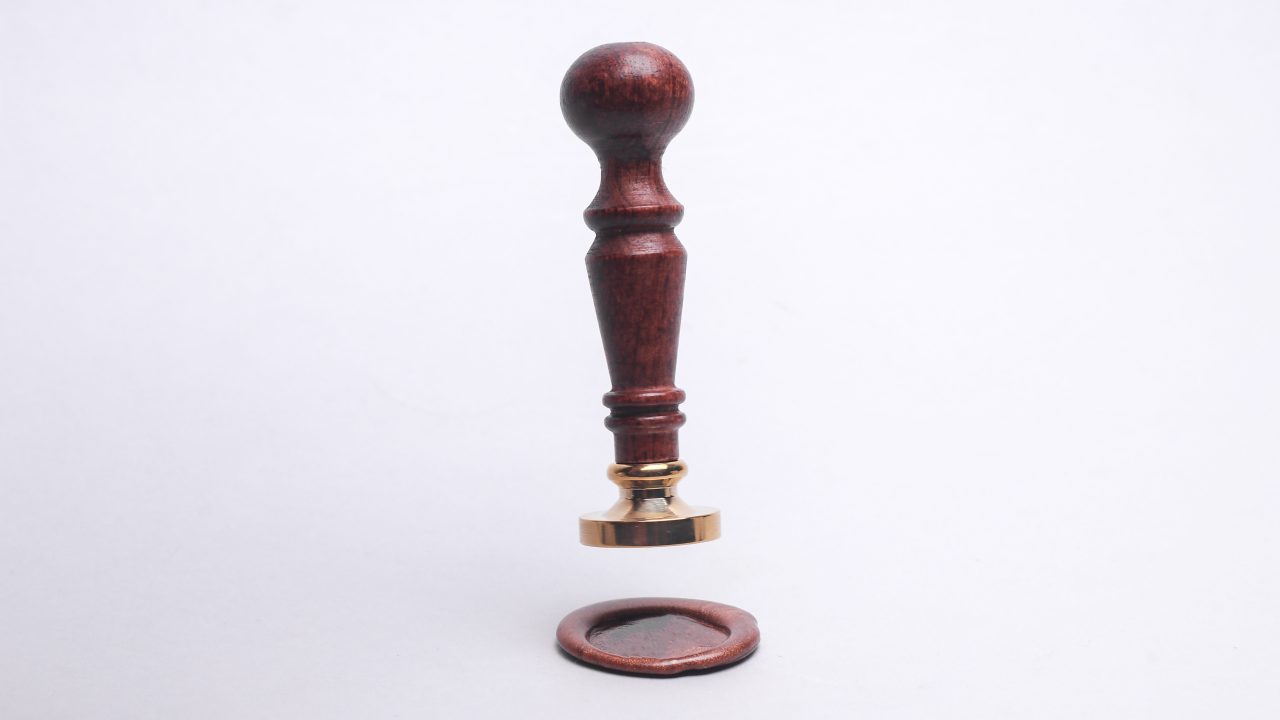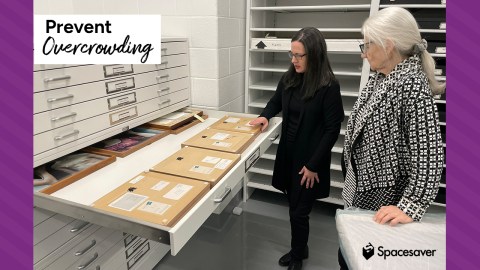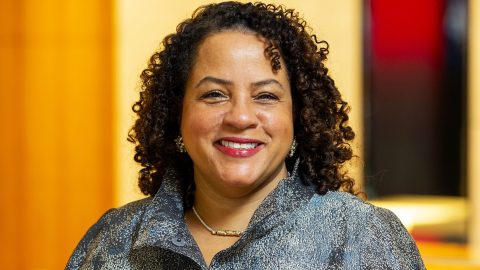
AAM accreditation comes with significant benefits, including national credibility, enhanced relationships with peers and supporters, and institutional sustainability. But what does the process of obtaining these benefits entail, and how do you know if your museum is ready to take it on?
For the answer to those questions, the best place to go is straight to the source: our dedicated body of volunteer peer reviewers. Throughout the year, these knowledgeable, generous museum experts take time out of their schedules to visit with institutions seeking accreditation and write detailed reports about the health of their operations. To help us demystify the accreditation process, and identify the issues and misconceptions that come up, we asked a few of these peer reviewers to answer some questions about their experiences.
Why do you think it’s important for museums to undergo the AAM accreditation process?
Karen Whitecotton: Accreditation is a valuable recognition of a museum’s excellence and commitment to best practices. Beyond the honor it bestows, it serves as a powerful tool for securing grants, building partnerships, and engaging stakeholders. When approached thoughtfully and with preparation, the process can be transformative for institutions, elevating their standards and reinforcing their role as trusted community resources.
Terry Pitts: The accreditation process challenges museums to take a holistic look at their operations and evaluate how they meet professional standards. For organizations committed to growth and excellence, the process provides an opportunity for honest, constructive feedback from peers in the field. This level of introspection and collaboration fosters meaningful improvements that benefit both the institution and the communities it serves.
Joe Imholte: It offers an incredible learning opportunity for both the museum and its staff. It reinforces the museum’s commitment to its community, reminds us of best practices, and encourages us to strive for next practices. Accreditation enhances the museum’s value to its audiences and communities and helps build and sustain trust.
Mark Tullos: I recall a site visit [I went on] with Bruce Katsif, Director Emeritus of the Michener Art Museum. During an initial meeting, a skeptical academic museum director asked us, “Why do you do this? Is it really that important?” His staff valued the process, but he was disengaged, focusing more narrowly on curatorial matters. This experience highlighted the importance of leadership understanding the accreditation process—not just as a pathway to recognition but as a yearlong exercise in self-study, introspection, and improvement. The process itself fosters growth and enhances institutional practices.
How do you view the impact of accreditation on the US museum field?
Mark Tullos: The accreditation program has catalyzed the development of new best practices across all facets of museum operations. It serves as a powerful tool for driving change, enhancing institutional support, and advancing the museum’s mission.
Karen Whitecotton: Accreditation strengthens the museum field by enhancing the credibility and public trust of institutions. It demonstrates a shared commitment to excellence and accountability, fostering a culture of continuous improvement and collaboration. By setting benchmarks for success, accreditation contributes to a more robust and resilient museum ecosystem.
Joe Imholte: I believe accreditation has significantly contributed to the high level of trust that museums enjoy. Many factors play into that trust, but accreditation has helped by setting standards and expectations that all museums strive to achieve, accredited or not.
Terry Pitts: I’ve seen firsthand how accreditation has improved my own museum, and I know this is true for countless others. Each institution that undergoes the process raises the overall standard of the field. When you multiply these individual successes across all accredited museums, the collective impact on the sector is profound and undeniably positive.
Have you encountered any common themes or issues among museums seeking accreditation that you think are important for the field to address?
Joe Imholte: As a field, we don’t compensate our staff adequately. This challenge is further complicated by another common theme: the difficulty museums face in saying no to opportunities or initiatives. These challenges tend to be more pronounced for smaller museums than for larger ones. While it’s easy to identify these issues, addressing them is much harder because they stem from systemic factors beyond museums or nonprofits.
Mark Tullos: A common theme is the misconception that accreditation demands perfection. Every museum faces challenges, and that’s perfectly normal. However, when leadership and staff fail to acknowledge these challenges or lack a plan to address them, it reflects poorly on both the institution and the accreditation process.
Terry Pitts: One recurring issue is the overreliance on generic policies. Because “standards” are such a central part of the accreditation process, some museums adopt policies that are copied or adapted from other institutions without fully considering their own unique needs. While these policies might align with accreditation requirements, they sometimes lack thoughtful, localized adaptation. I’d love to see more encouragement for institutions to develop policies that are deeply reflective of their specific mission, context, and community.
Karen Whitecotton: I have noticed that some museums aim directly for accreditation without fully engaging with the MAP program. While the accreditation designation is a significant achievement, taking the time to address foundational challenges through MAP can greatly enhance an institution’s readiness and the overall impact of the accreditation process. I encourage museums to embrace these preparatory steps to strengthen their operations and achieve more meaningful results.









Your blog is a testament to your expertise and dedication to your craft. I’m constantly impressed by the depth of your knowledge and the clarity of your explanations. Keep up the amazing work!